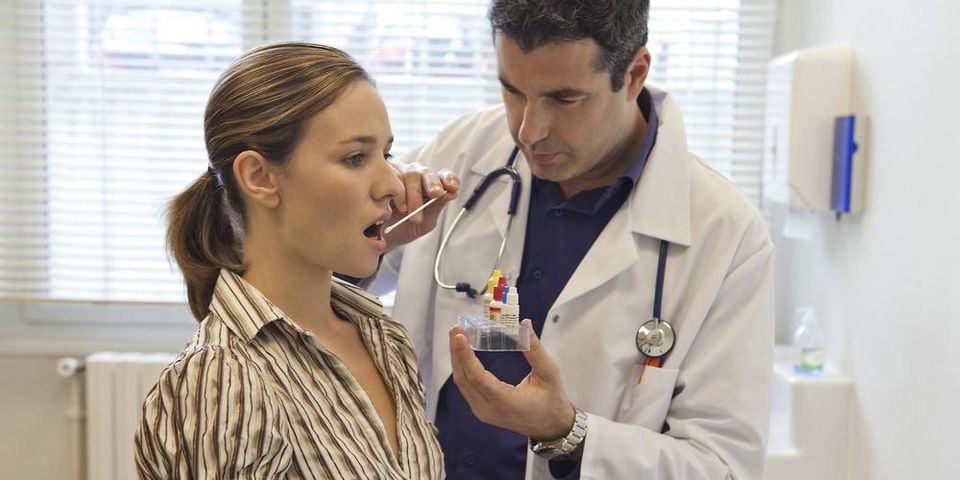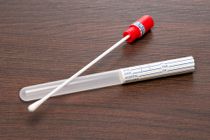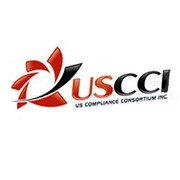3 Insights About the Effectiveness of Mouth Swabs in DNA Lab Testing

Mouth swabs provide an easy, fast, and painless way to give samples for DNA lab testing. But how effective are they? Are they a reliable way to extract enough DNA for testing purposes? Are the results from mouth swabs dependable? Below, the forensic testing professionals at US Compliance Consortium in Phoenix, Arizona, share three details to know about the effectiveness of mouth swabs.
Here’s What You Should Know About Mouth Swabs in DNA Lab Testing
1. Mouth Swabs Are a Reliable Way to Collect DNA
The inside of the cheeks have a profusion of cells that can be gathered up with no more than the brush of a cotton swab. That's all it takes to collect enough DNA for most testing purposes. Gathering cells in this manner makes DNA lab testing accessible to anyone who needs it, and swabbing is not only the simplest way to test, but it's also one of the most reliable.
2. Mouth Swabs Only Require a Small Amount of DNA
 There was a time when you needed to draw vials of blood to get an accurate DNA reading. Fortunately, this is no longer the case, and laboratory technicians no longer need such substantial quantities of blood to perform lab tests. Mouth swabs avert the need for blood altogether, and the amounts of DNA they gather with a quick swab of the cheek is all that is necessary for precise DNA results.
There was a time when you needed to draw vials of blood to get an accurate DNA reading. Fortunately, this is no longer the case, and laboratory technicians no longer need such substantial quantities of blood to perform lab tests. Mouth swabs avert the need for blood altogether, and the amounts of DNA they gather with a quick swab of the cheek is all that is necessary for precise DNA results.
3. Samples Taken Via Mouth Swabs Can Last for Decades
Not only do mouth swabs make for easy DNA testing, but they can also be stored for years and, if necessary, retested at a later date. So long as they are kept in the proper storage conditions, DNA extracted from a swab is ample enough to give an accurate reading even decades after it was taken. So, not only is mouth swabbing effective for your DNA testing needs now, but it can be saved to cover any future needs that might arise.
If you need DNA lab testing performed, trust US Compliance Consortium. They provide a number of DNA and drug testing services to both business and personal clients throughout the Phoenix, AZ, area. Call (602) 765-2200, visit them online, or contact them on Google+ to learn more or to arrange a testing appointment.
About the Business
Have a question? Ask the experts!
Send your question

